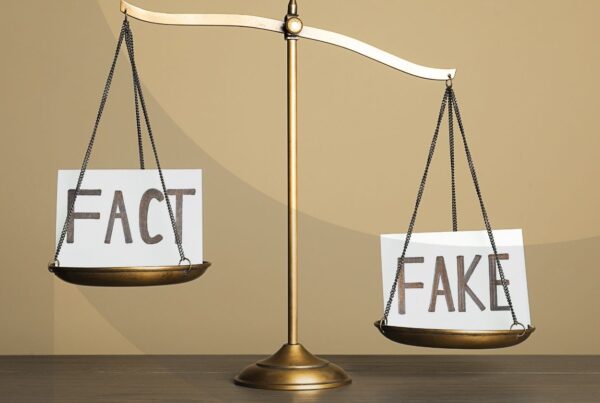By Noemi Pollack
Within the political arena negative campaigns are commonplace, even expected and accepted. It seems to be the norm to engage political gurus in stealth tactics to “uncover” opponents’ weaknesses or momentary ethical lapses. But short of the political arena where all is “game,” the days when smear campaigns actually work are over, given this transparent world.
Facebook got a whiff of that today…
What left Facebook red-faced, is the big buzz that ensued over the story that broke about the “clandestine” way it went about to clobber Google about privacy issues. It secretly hired a top notch public relations firm “to pitch anti-Google stories to newspapers, urging them to investigate claims that Google was invading people’s privacy” according to the Daily Beast.
Apparently two ex-broadcasting “stars”, now working for the PR firm, had been very busy indeed, packaging a negative story, concocting some of it and, even offering to help an influential blogger write a Google-bashing op-ed, promising to get it placed in major mainstream media outlets. And all this, without revealing the identity of its client. And to what purpose, the public good?
When the claims proved largely untrue or at the very least exaggerated, the blogger blew the whistle and the whole incident became an embarrassing PR fiasco resulting in temporary dings to the otherwise “trustworthy” reputation of Facebook and the stellar reputation of the PR firm, Burson Marstellar who, over its 58-year history, has represented blue-chip corporate clients . This whole incident underscored the rivalry between Facebook and Google, as they go confronting each other over Internet users’ time and advertisers’ budgets.
Look, tomorrow this incident will be yesterday’s news. Both Facebook and Burson Marstellar have issued statements that although purposely vague, do have semblances of apologies. This whole matter will have been but a “blip,” or hiccup, but it has left some questions about the crossing of ethical lines according to the Public Relations Society of America’s ethical conduct policies.
PR professionals fiercely guard their reputation with the media as trusted sources and for good reasons. This transparent world of ours will not bear any infringements on that trust. Public relations should not be used as a weapon to destroy competition, rather should be forthright in communicating an organization’s contribution to the well-being of society, whether through products or services the consumer can use or want, or contribute to the public good in terms of laws, regulations, environmental concerns or social interests.
If this sounds altruistic, it’s not, for it is the norm for the code of conduct within the PR industry.
For more agency insights, visit our WellRed archives





